What Manufacturing Tasks are Ideal for Robots?
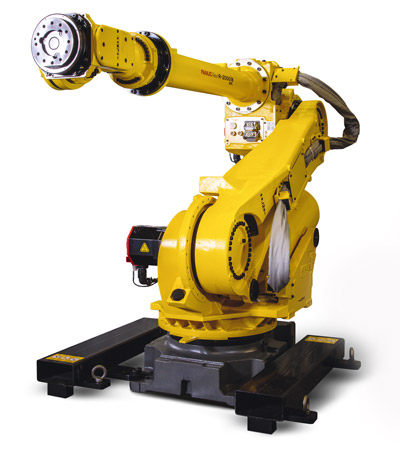
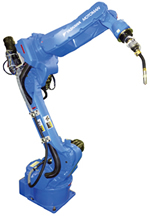
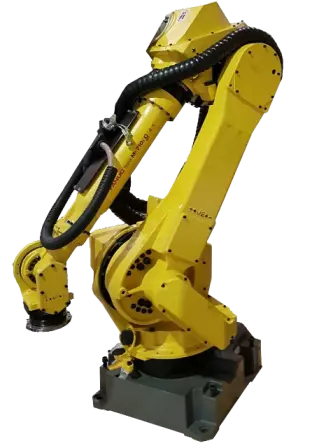
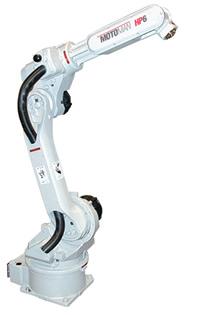
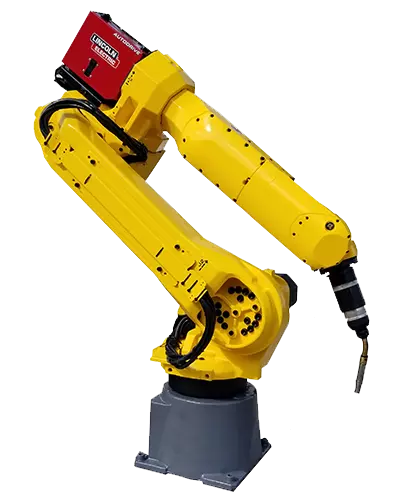
Industrial robots have become critical to modern manufacturing. In today’s factories it is common to see the FANUC Arcmate 100ic/6L and other industrial robot arms along production lines performing various tasks. Robot manipulators provide consistent and reliable labor during a time where manual labor has become scarce. They increase productivity, improve quality, reduce costs, and make manufacturing safer. Each year more manufacturers automate their operations with industrial robots.
With the advancements of robotic technology there are few processes that cannot be automated by robots. In general factory robots are best for automating repetitive processes as well as those that can be dangerous or harmful to humans. However, with robotic vision systems, force sensors, and more advanced programming, manufacturing robot arms can also handle complex tasks with more variables involved. While the types of tasks robotic manipulators can perform continues to grow, there are some that are especially well suited for robotic automation. These include:
- • Material Handling - Material handling processes are essential to most manufacturing operations. They cover a broad range of tasks and tend to be highly repetitive. This is why material handling robots, like the ABB 6640, are incredibly common in manufacturing. Processes such as packaging, pick and place, and palletizing are ideal for handling robots. The Yaskawa MH50 is perfect for the repetitive lifting and handling of parts. Unlike humans, articulated robots do not suffer from fatigue or muscle stain, allowing them to continuously lift and move objects.
- • Welding - In addition to material handling robots, welding robots are also incredibly common in manufacturing. Welding applications can be hazardous, repetitive, tedious, and time consuming requiring great focus and skill. Welding can also be hazardous for humans with high heat, fumes, and UV light exposure. All of these factors make welding ideal for the Yaskawa MA1440 along with other six axis robots. The controlled movements of industrial robotic arms ensure accuracy for better weld quality. Their speed shortens cycle times and saves consumables. Robots are also not subject to the health hazards that humans are, improving the ergonomics of a factory.
- • Assembly - Assembly processes are another set of tasks that tend to be repetitive, which is why they are commonly automated by robots. Robots can turn assembly lines into twenty-four hour operations. Programming mitigates errors ensuring all parts are assembled correctly for greater quality control. Industrial robots can automate the assembly of large components such as automobiles as well as the assembly of small, intricate parts. The electronics industry has found assembly robots incredibly beneficial for handling parts that are too small for human hands.
- • Painting - Painting processes require precision and focus. They may require multiple passes of the paint sprayer which can become tiring for humans. Not to mention the hazards of painting with fumes and flammable chemicals. Painting robots ensure smooth, even, and uniform finishes with their accurate and precise movements. Painting cycle times are reduced with the speed and accuracy of robots.
- • Material Removal - Material removal robots have become quite common over the years. They are ideal for automating cutting, deburring, grinding, polishing, and other machining tasks. Error mitigation, speed, and consistency are some of the factors that make the FANUC M-710ic/50 ideal for material removal tasks.